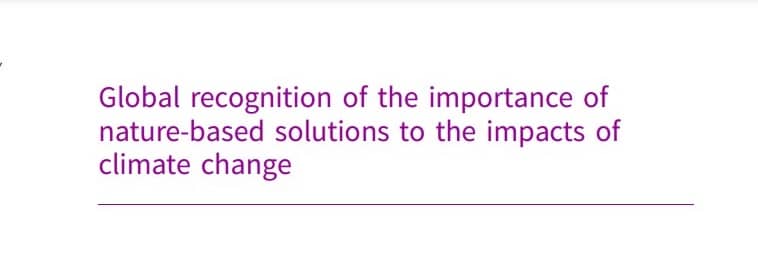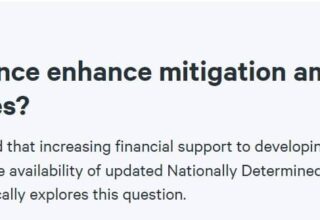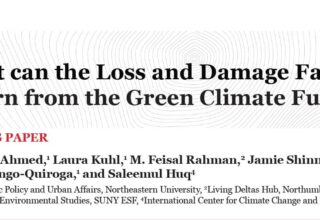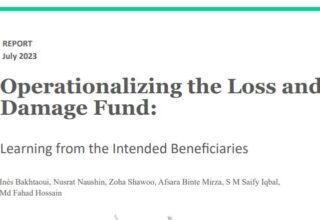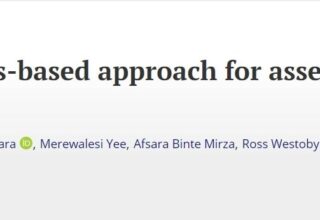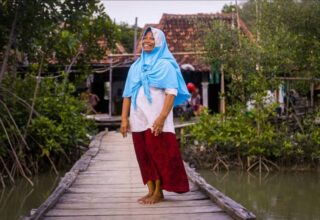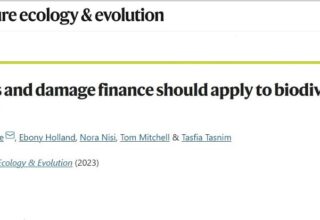According to the World Economic Forum (2020) Global Risks Report, failure to mitigate and adapt to climate change presents the greatest risk to the global economy in terms of severity of impact. Meanwhile, extreme weather – which is exacerbated by climate change (National Academies of Sciences, Engineering, and Medicine, 2016) – is listed as the risk most likely to damage the economy. Identifying and implementing robust climate change adaptation approaches that are cost-effective and build resilience across a range of potential future climates is therefore critical. The prevailing approach across the world has involved a mix of direct, engineered (or ‘grey’) interventions such as sea walls, levees or irrigation infrastructure, and indirect (or ‘soft’) interventions such as early warning systems (Enríquez-de-Salamanca et al., Reference Enríquez-de-Salamanca, Díaz, Martín-Aranda and Santos2017). However, there is widespread recognition that nature-based (or ‘green’) solutions (NbS) can complement these approaches in both rural and urban contexts (Global Commission on Adaptation, 2019; Hobbie & Grimm, Reference Hobbie and Grimm2020; Royal Society, 2014).
Publication Link Publication PDFHome Publications Journal Article Global recognition of the importance of nature-based solutions to the impacts of climate change
-
Does climate finance enhance mitigation ambitions of recipient countries?
Abstract International public climate finance is an important catalyst for curbing growing… -
What can the Loss and Damage Facility learn from the Green Climate Fund?
Summary: This analysis draws from research on the decision-making and approval process in … -
Operationalizing the Loss and Damage Fund: Learning from the Intended Beneficiaries
The 27th UN climate conference (COP27) reached a key milestone in launching a brand-new lo…
Load More Related Articles
-
Call for Youth Innovation Fund – Sponsoring Green Idea/Campaign -2024
We are excited to launch the “Youth Innovation Fund” for year 2024 and welcoming applicati… -
What Bangladesh can do before COP29
This year’s climate summit—the 28th Conference of the Parties for climate change (CO… -
Saleemul Huq (1952–2023)
Saleemul (Saleem) Huq was one of the ten most influential climate experts, Advisor to the …
Load More By ICCCAD
-
Valuing a values-based approach for assessing loss and damage
Anthropogenic climate change is causing widespread losses and damages to what people value… -
Eight ways Asia is using nature to adapt to the climate crisis
The Asia-Pacific region is no stranger to climate change. In just the last few months, it … -
Loss and damage finance should apply to biodiversity loss
Global biodiversity loss has been disproportionately driven by consumption of people in ri…
Load More In Journal Article
Check Also
Does climate finance enhance mitigation ambitions of recipient countries?
Abstract International public climate finance is an important catalyst for curbing growing…

